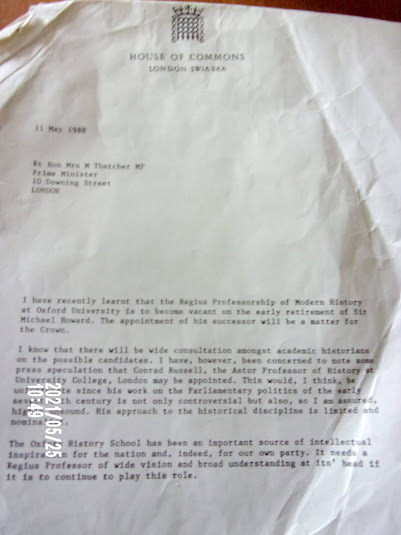Differing perspectives on the early histories of colonial Bermuda and Virginia
Differences in perspective amongst historians working on early English colonial history are inevitable. Scholars on the other side of the Atlantic are usually focused on the development of those societies and are sometimes tempted to overlook the significance of their links to England. The publications marking the importance of 1619 in the history of Virginia testified to the continuing cult of the ‘saintly’ Sir Edwin Sandys and his allies and, at times, minimised their responsibility for the loss of human lives in the colony and the collapse of the Virginia Company of London. This approach incidentally overlooks the fact that, as a prebend in the Church of England, Sandys was in holy orders and thus legally barred from serving in his most famous role as an M.P. in the House of Commons. His overtures to George Villiers, Marquis and then Duke of Buckingham, and his hopes of serving King James VI and I as one of his Secretaries of State tend to be overlooked and his contemporary cr...
